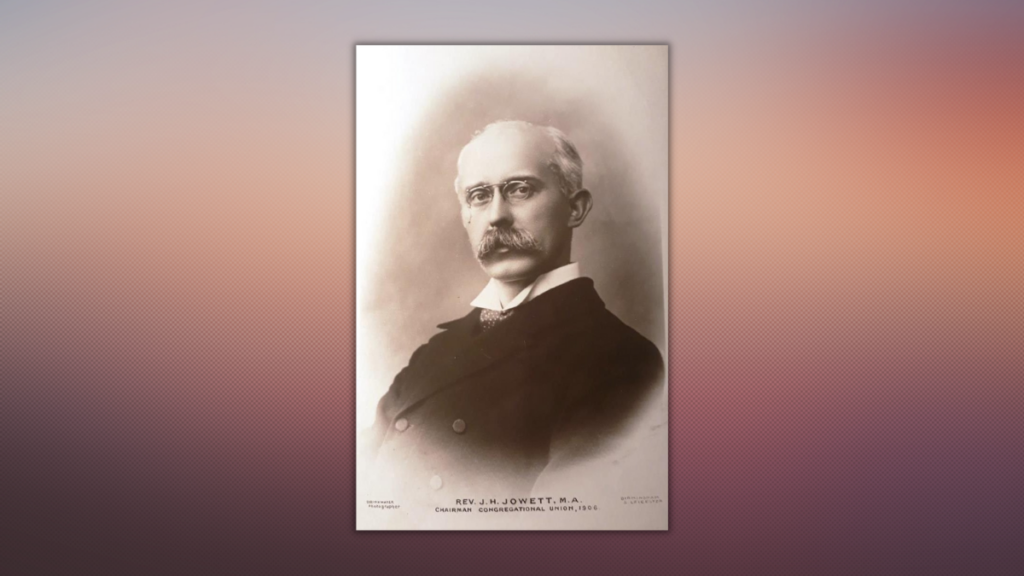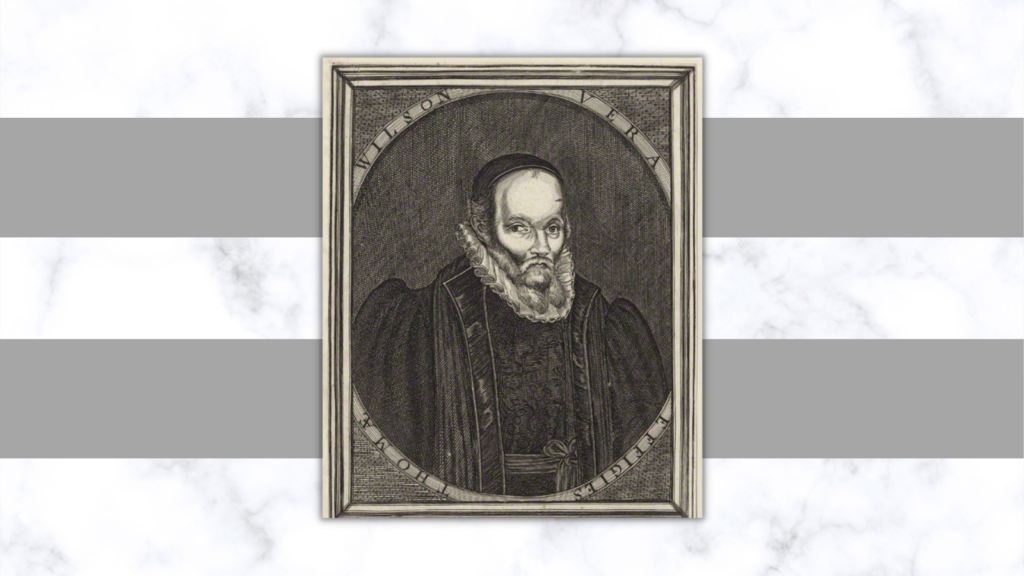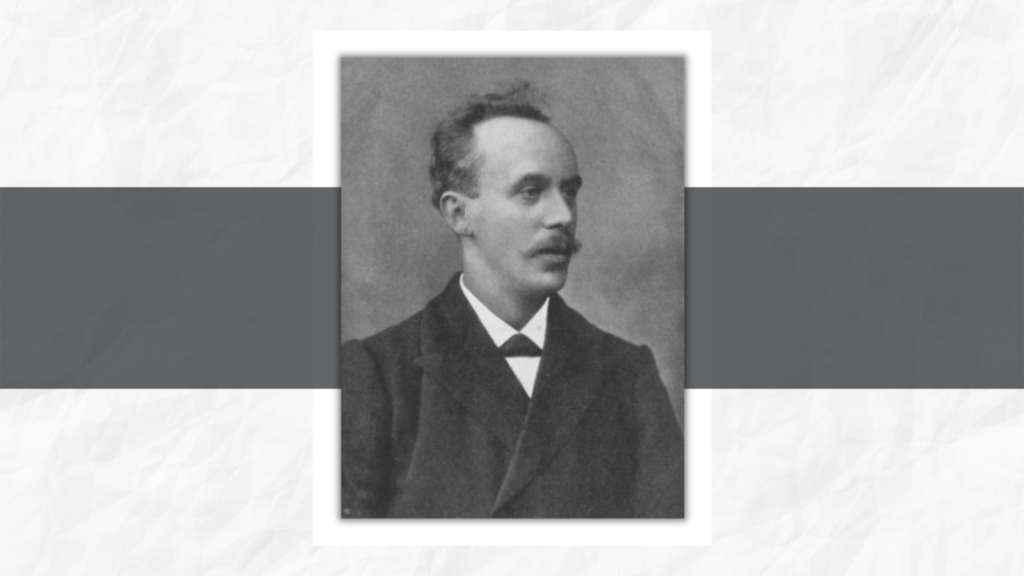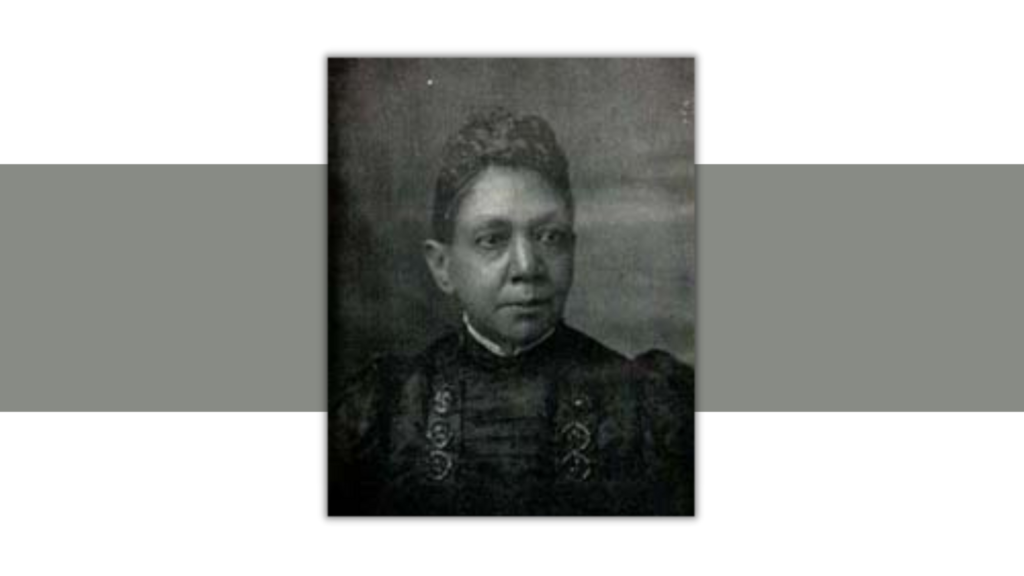Jacob Knapp (1799–1874) was a popular American Baptist evangelist in the 19th century.
He was born Dec. 7, 1799, in Otsego County, New York. His parents were Episcopalians, and although he attended church and was taught the creeds and catechism, he had “deep anxiety” about the welfare of his soul.
When he was 17, his mother died. Her death greatly affected him. One Sunday he went to the woods determined not to leave until he had received peace about his soul. With much sincerity, he read his Bible and prayed. His guilt disappeared.
Relapse
About a year later, though, he had relapsed into being a sinful man. He often had misgivings about his wicked state. One night he was headed to a dance but instead went to a prayer meeting in a Baptist church. He and nearly 60 young people were led to Christ. Knapp was baptized and joined the Baptist faith. He soon became zealous about winning people to Christ and organized prayer meetings in his neighborhood.
In 1821 Knapp entered a theological institution that is now called Colgate University in Hamilton, New York. He was licensed to preach in 1822 and married his wife, Electa, two years later. He became pastor of a Baptist church in Springfield, New York, for five years. Sixty people were converted. He then was pastor in Watertown, New York, for three years, where he baptized about 200 converts.
In 1833 he felt a strong calling to evangelistic work. He probably was the first Baptist in the Northern part of the country to be a full-time evangelist.
He began preaching in small churches but was soon approached by pastors of larger churches. He held protracted meetings where he would spend a week or several weeks in one place. Many people came to hear him in larger cities such as Baltimore, Boston, Washington and St. Louis.
‘History of excitements’
From 1833 until his death in 1874, God used him to win more than 100,000 people to Christ. He preached more than 16,000 sermons and influenced hundreds of men to become ministers.
While crowds of people flocked to his meetings, others complained about the “excitements.” Knapp didn’t see why people shouldn’t be as excited about religious matters as they were about business, games or politics.
“It seemed to me that the record of the acts of the apostles was a history of excitements under which the world was verily turned upside down,” he wrote in his 1868 autobiography.






Share with others: